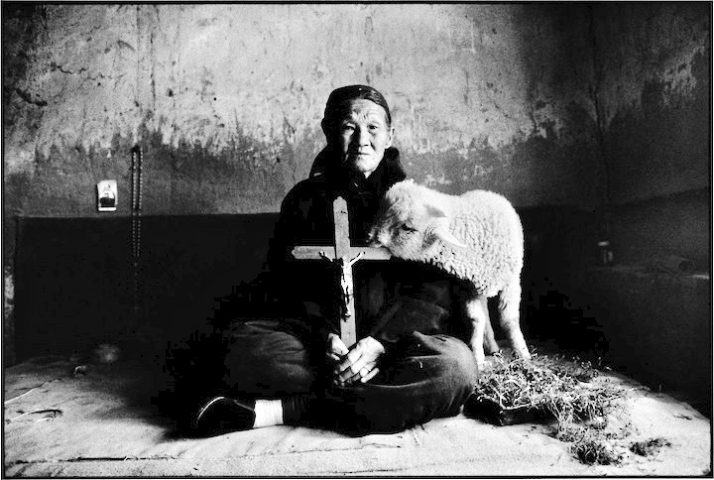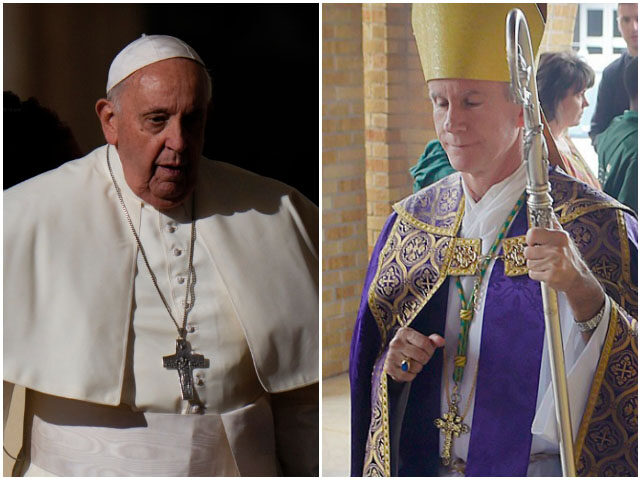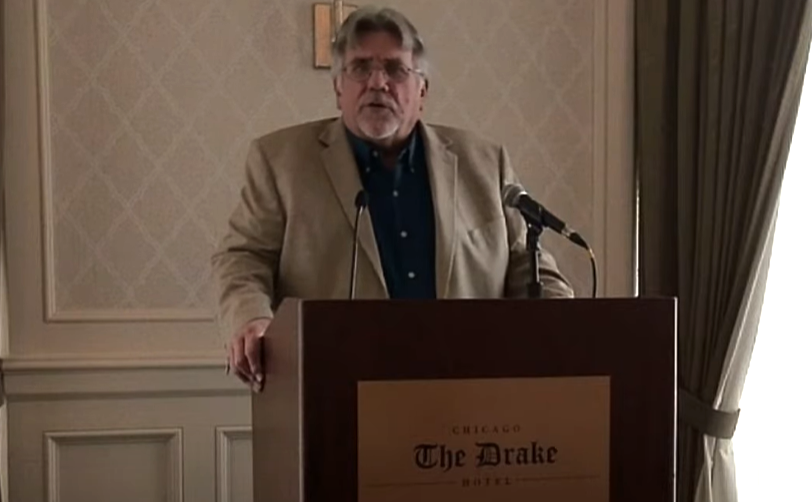Chinese Totalitarianism and Catholic Witness, by Thomas Farr

Msgr. Charles Pope: A Guardian Angel Unlike Any You’ve Ever Seen!
September 21, 2019
The Eucharist Throughout History: A Timeline, by Vladimir Mauricio-Perez
September 21, 2019
CHINA. Shaanxi Province. 1992. Han Ying Fang, 71 years old, is a fifth-generation Catholic in her family. During the Cultural Revolution, the Red Army raided Catholic homes, confiscating Bibles and other religious references. If the order was not obeyed during a given period, Catholics were severely punished at town meetings. At the time, when Hang Ying Fang's husband was still alive, he took the risk of hiding this crucifixion in the ceiling. It has survived until this day.
By Thomas Farr, The Catholic Thing, Sept. 21, 2019
 “The current assault on religion in China under President Xi Jinping is the most comprehensive attempt to manipulate and control religious communities since the Cultural Revolution.” Or so I argued in congressional testimony last fall. Part of Xi’s plan is to force “fundamental alterations in Catholic doctrine and witness.”
“The current assault on religion in China under President Xi Jinping is the most comprehensive attempt to manipulate and control religious communities since the Cultural Revolution.” Or so I argued in congressional testimony last fall. Part of Xi’s plan is to force “fundamental alterations in Catholic doctrine and witness.”
The 2018 Sino-Vatican Provisional Agreement on nominating and ordaining bishops must be assessed in the harsh light of Xi’s policy. Bishops are critical to the well-being of Catholics and the Church. They are simultaneously shepherds and public witnesses to the truths taught by the Church. If they are deceivers, history and contemporary events make abundantly clear that everyone suffers except opponents of the Church. If they are holy and courageous men, willing to witness the truth as taught by the Church, Catholics and non-Catholics benefit. This is as true in China as it is in any other country.
The doctrines of apostolic succession and Petrine supremacy, and common sense, mandate that the pope choose Catholic bishops. Historically, some popes have made deals granting secular rulers a role in nominating bishops. As late as 1996, Pope John Paul II agreed to a process in which the Vatican forwards three bishop-candidates to the Vietnamese government, which then chooses one of the three. The critical step is the first – Hanoi can delay, but cannot substitute its own candidate. ….




